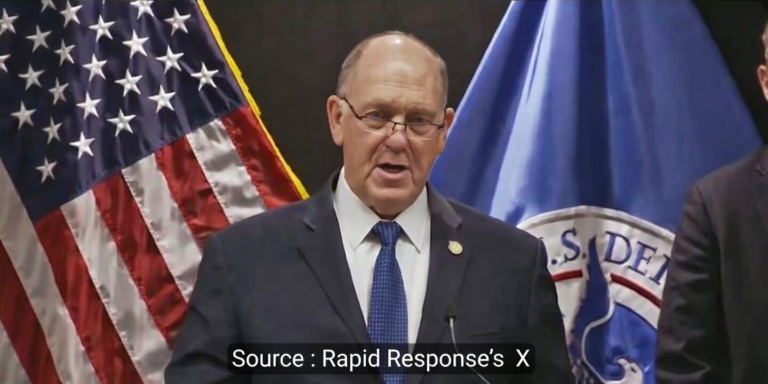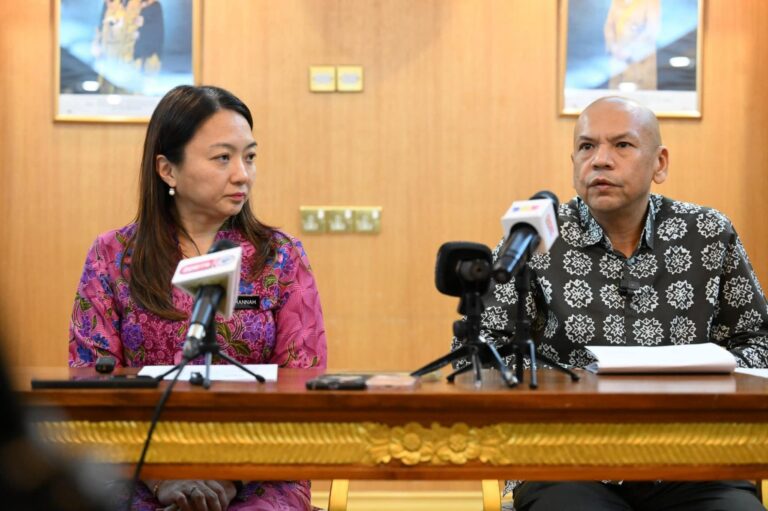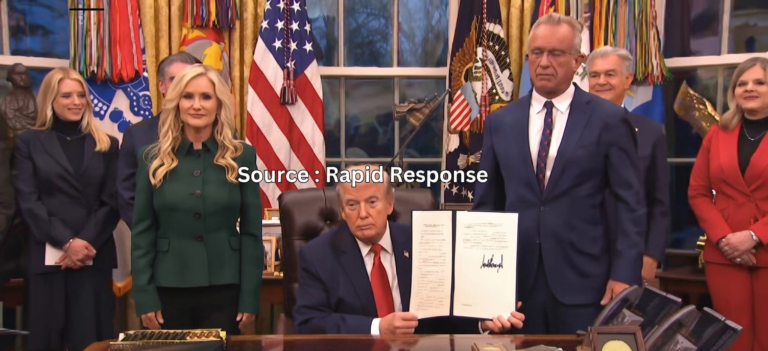

To promote awareness and empower communities with proper oral hygiene practices, especially among individuals requiring special care, a group of enthusiastic undergraduate dental students from Universiti Malaya, supervised by Dr. Nor Malina Manan and Assoc Prof Dr Lily Azura Shoaib, Paediatric Dentistry Specialist, gathered at BrightFuture Academy to conduct an oral health education programme aptly named Tooth-TASTIC. This meaningful initiative took place on April 26, 2025, in conjunction with Growin Sprouts’ celebration of World Autism Day.
The Tooth-TASTIC programme was developed as a platform to provide both education and empowerment, aiming to create a lasting impact on the community. The project emphasised the importance of inclusion by tailoring oral health education to meet the unique needs of children with autism. It also fostered understanding and acceptance by offering practical tools and strategies for parents, caregivers, and educators.
Recognising the specific challenges that children with autism often face in maintaining oral hygiene, such as sensory sensitivities and communication barriers, the programme incorporated a variety of interactive, sensory-friendly activities. These were designed not only to educate but also to ensure the long-term retention of knowledge and the development of positive oral hygiene habits.

One of the main highlights of the day was a session called Coffee Talk, hosted by Growin Sprouts. This discussion offered valuable insights into the importance of early preventive dental care. It emphasised the collaborative roles of parents, dentists, teachers, and healthcare professionals in supporting the oral health of children with autism. The session also shed light on how sensory processing issues can affect a child’s tolerance for certain textures, tastes, and sensations related to dental care. This was an eye-opening experience that deepened the audience’s understanding of how to approach special care dentistry with empathy and effectiveness.

The programme also featured a series of fun and engaging games and activities that transformed oral health education into an enjoyable experience for the children. Games like Throw and Catch! and Food Dart introduced concepts related to healthy and unhealthy food choices and their impact on dental health. Another activity, Dental Fun Run—a web-based game created in collaboration with a student from the Faculty of Computer Science—gave children a digital platform to reinforce oral hygiene concepts through play.
Music played a key role in reinforcing daily oral hygiene habits joyfully and memorably. A sing-along session featuring an original song titled Shiny Teeth, Happy Me was particularly well received. The catchy lyrics and simple choreography encouraged the children to embrace tooth brushing as a fun daily routine.
Among the most impactful educational tools introduced during the event was a sensory book crafted by the dental students. Filled with various textures, vibrant colors, and engaging visual elements, the book was designed to teach basic oral hygiene habits in a manner that aligned with the sensory preferences of autistic children. This resource not only captured their attention but also provided a calming and interactive way to learn.
The students also led a hands-on demonstration called Brush the Plaque Away, where children used toothbrushes and a large model of teeth to practice brushing techniques. This playful, tactile activity helped reinforce the importance of effective plaque removal in an approachable and engaging format.
Positive feedback from teachers and caregivers at the centre was received. They noted that the activities were “engaging and easy to understand” and appreciated how the programme “accommodated diverse learning styles”. One teacher remarked that the Coffee Talk session greatly enhanced their understanding of the children’s oral health needs. Another teacher suggested organising more sessions focused specifically on brushing techniques in the future.
Tooth-TASTIC was not a standalone effort. It built upon last year’s successful Fun-TASTIC programme. With continued support from sponsors including Pigeon, Nosairis, SMRT Holdings Berhad, and Reachful, the programme has been able to expand and sustain its outreach. This long-term backing played a crucial role in the success of the event and is expected to support future endeavours as well.
As part of their commitment to sustainable education, the team left behind all educational materials, including games and visual aids, at the centre. This ensures that oral health education can continue even after the event has ended, enabling teachers and caregivers to reinforce the oral hygiene practices introduced during the programme.
Reflecting on the experience, the organisers emphasised that the programme’s success was a result of strong teamwork and collaboration. The inclusive design of the activities helped foster meaningful engagement with the children, and the event aligned closely with the United Nations’ Sustainable Development Goals, particularly those focusing on health, well-being, and quality education.
Looking ahead, the team hopes to expand the Tooth-TASTIC initiative to more special needs centres. They are also exploring ways to further enhance their approach by integrating more sustainable, evidence-based strategies into their educational outreach.
In combining knowledge, creativity, and compassion, the Tooth-TASTIC programme stands as a shining example of how young dental professionals-to-be can make a lasting difference in promoting oral health for all, one smile at a time.


















